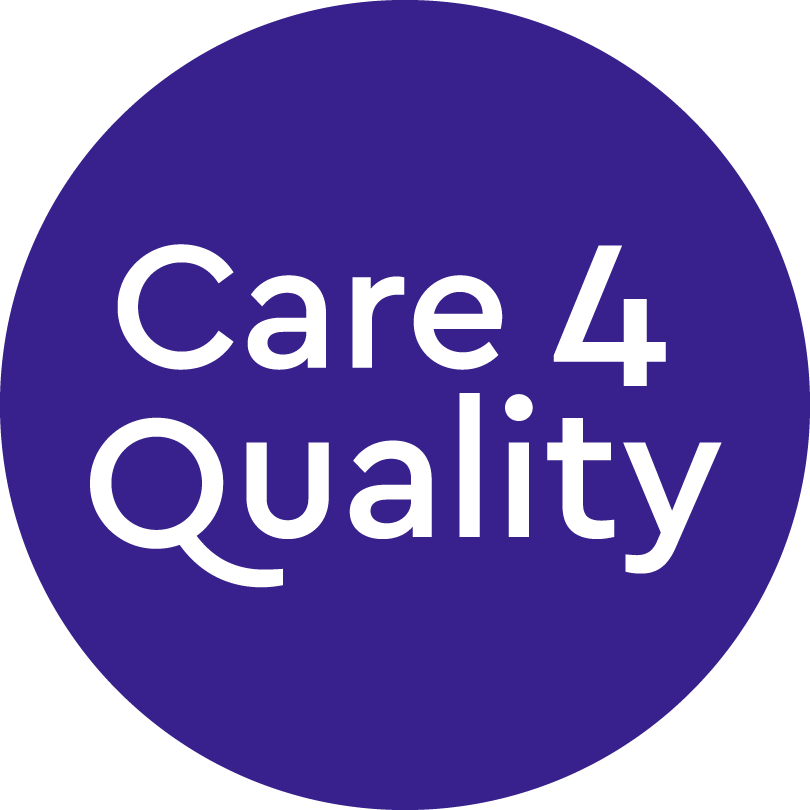This July, we celebrate the 76th anniversary of the National Health Service (NHS), a beacon of accessible healthcare in the United Kingdom. At the heart of this cherished institution are the nurses, the unsung heroes whose unwavering dedication and expertise have been instrumental to the NHS’s success.
Let’s take a moment to acknowledge the profound impact nurses have, both within the NHS and beyond, while reflecting on the enduring legacy of Florence Nightingale.
Beyond the Bedside: Nurses’ Multifaceted Roles
While the image of a nurse at a patient’s bedside is iconic, nursing encompasses a diverse array of roles that extend far beyond direct patient care. Nurses play pivotal roles in:
- Nurse Educators: Shaping the future of healthcare by passing on their knowledge and skills to new generations of nurses, much like Florence Nightingale pioneered modern nursing education.
- Nurse Researchers: Driving advancements in healthcare through research and evidence-based practice, improving patient outcomes and the overall quality of care.
- Advanced Nurse Practitioners: These highly skilled nurses diagnose and treat patients, prescribe medications, and manage complex cases, providing a crucial link between primary and specialist care.
- Mental Health Nurses: Offering vital support to individuals experiencing mental health challenges, promoting well-being, and reducing stigma.
- Community Nurses: Bringing healthcare directly to people’s homes, providing care for the elderly, managing chronic conditions, and supporting patients in their own environments.
- Specialist Nurses: Focusing on specific areas such as cancer care, diabetes management, or palliative care, offering expertise and support to patients with complex needs.
The Collective Impact: Nurses Supporting the NHS
Even those nurses who work outside the NHS directly contribute to the nation’s health and well-being. Their work in hospitals, clinics, care homes, and the community helps to alleviate pressure on the NHS by:
- Reducing hospital admissions: Through early intervention, preventive care, and effective disease management.
- Managing chronic conditions: Supporting patients to manage long-term illnesses effectively, minimising complications and hospital visits.
- Providing essential care in the community: Allowing patients to recover at home and freeing up NHS resources.
- Advocating for patients: Ensuring that the voices and needs of patients are heard and addressed within the wider healthcare system.
Nightingale’s Legacy: A Continuing Inspiration
The extraordinary life and work of Florence Nightingale continue to inspire nurses today. Her emphasis on patient-centred care, sanitation, hygiene, and evidence-based practice laid the foundation for modern nursing.
As we celebrate the NHS’s anniversary, let’s also celebrate the remarkable nurses who uphold Nightingale’s legacy of compassion, expertise, and dedication. Their collective impact extends far beyond the bedside, reaching into every corner of healthcare and society.
Elevating Your Nursing Practice
Nurses’ commitment to lifelong learning is key to providing exceptional care. Care 4 Quality is pleased to offer newly developed nurse competencies designed to enhance professional skills and knowledge. These competencies align with the latest nursing standards and address the evolving needs of patients.
Invest in your nursing career and the well-being of those in your care. Explore our Nurse’s Competencies today! Click here for Nurse Competencies
#NHSTurns76 #ThankYouNurses #FlorenceNightingale #NursingMatters

